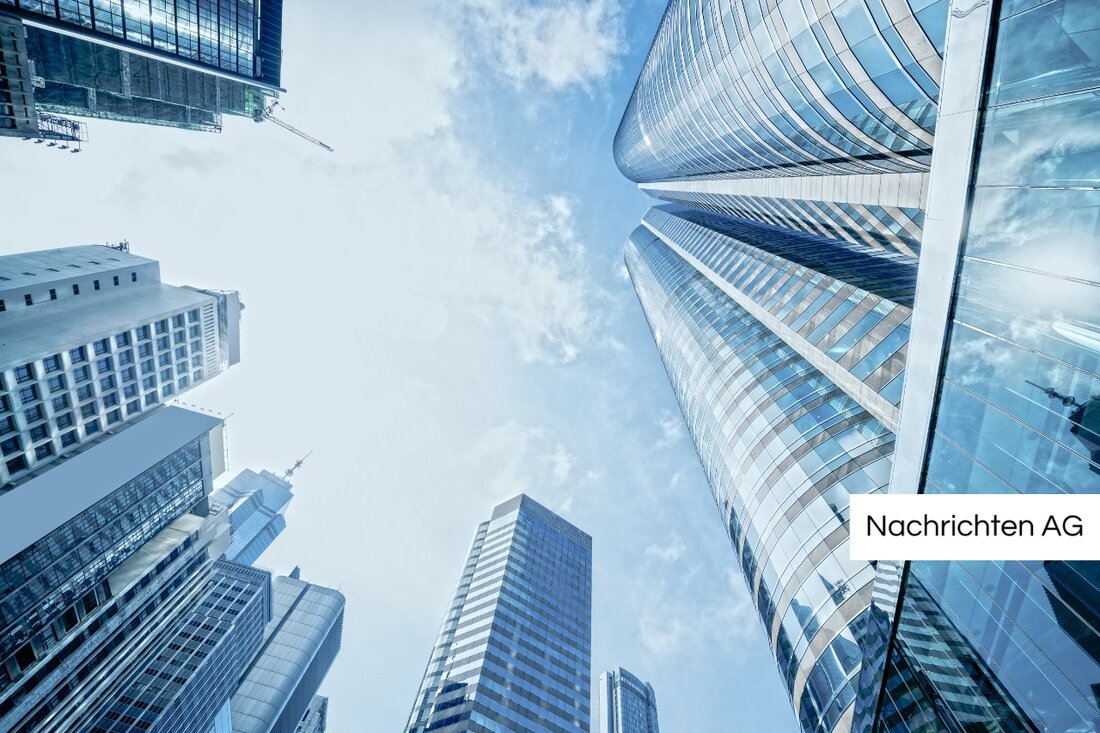EU warns: water is rare - Europe's drinking water supply in danger!
EU Commission warns of water shortages in Europe. Urgent measures necessary: more efficient use and better management.

EU warns: water is rare - Europe's drinking water supply in danger!
The EU Commission is concerned about water supply in Europe, especially with regard to the challenges through extreme weather and pollution. Vice President Teresa Ribera stated that water increasingly becomes a short resource. In order to counteract this situation, water consumption is to be made more efficient by 2030. Around 30% of the water is currently lost due to leader in Europe, which underlines the need for a more intensive repair of the water infrastructure.
A significant aspect is that around 30% of the European land area are affected by water shortages annually. According to the European Environment Agency (EEA), over 100 million people in Europe are affected in this regard. Significant water savings are also possible in water -intensive sectors such as agriculture and energy generation. At the same time, an investment gap in water management of around 23 billion euros is recorded. The European Investment Bank is planning to provide a total of 15 billion euros by 2027 to address these deficits.
water quality and prospects
The challenges for Europe's waters concern not only the amount, but also the quality of the available water. An EEA report from 2021 shows that only 37 percent of surface waters in the EU achieve a "good" or "very good" ecological state, while only 29 percent meet the criteria for good chemical condition. The main cause of the deterioration in water quality is industrial and agricultural chemicals, which get into water via rain and surface outflow. Newly occurring pollutants such as microplastics are also a growing problem.
The European Parliament calls for stricter implementation and enforcement of existing EU regulations to reduce the pollution loads. These include chemicals, drug residues and chemical pesticides as well as the adaptation of the limit values for pollutants in drinking water.
strategies and solutions
The EU Commission has developed a strategy that pursues three main goals: the restoration of the water cycle, the creation of a "water-conscious" economy and ensuring clean and affordable water for everyone. Suggestions for water savings include reduced water loss due to leaks, more efficient use, reuse of water, desalination and the use of rainwater.
Current challenges are tightened by climate change, which increases the risk of droughts in Europe and distributes water availability unevenly. Countries such as Greece, Portugal and Spain are affected by heavy droughts, while northern regions such as the United Kingdom and Germany are not spared. In this context, Greenpeace has warned of the increasing drought in Austria and demands extensive measures by Water Minister Norbert Totschnig.
Finally, it can be stated that the water shortage and the quality of the water in Europe need urgent attention. The solution to this problem requires a combination of effective legal requirements, innovative approaches to use water and awareness of the challenges of climate change.
As a significant economic region, the blue economy in Europe with five million jobs and an annual contribution of 550 billion euros is at stake, which also underlines the urgency of these topics.
vienna.at reports , dass ...

 Suche
Suche
